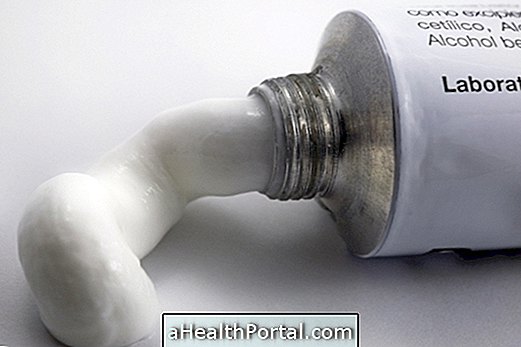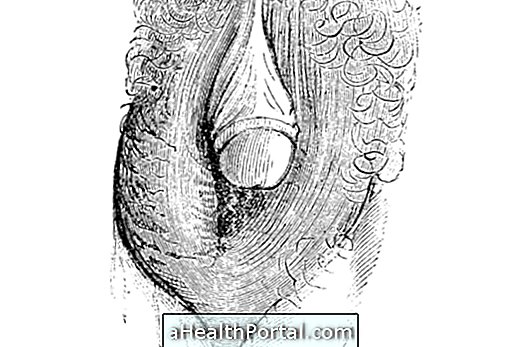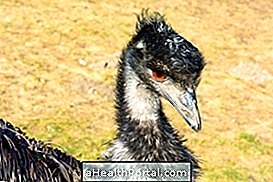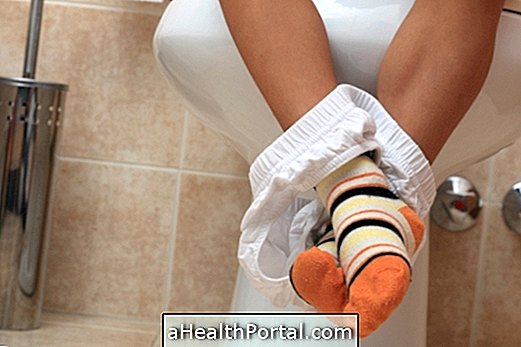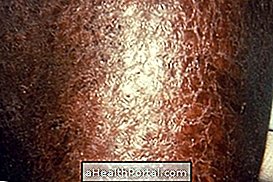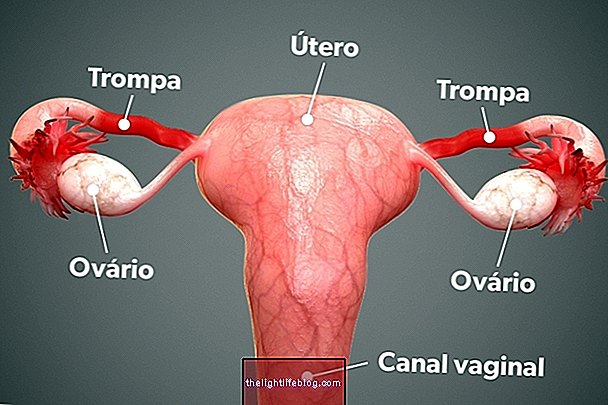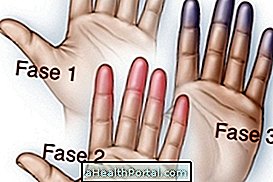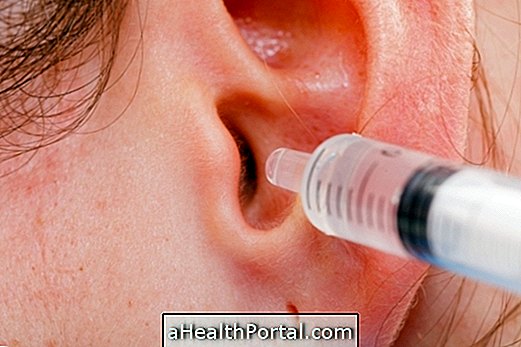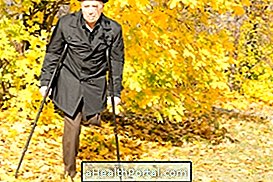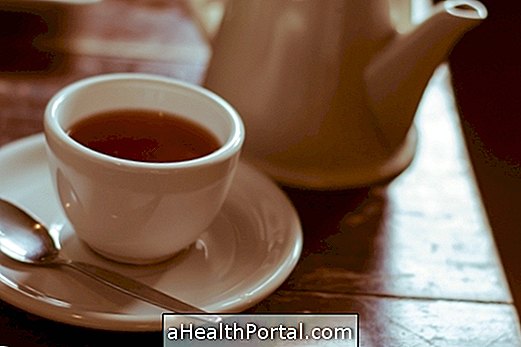Boswellia Serrata is an excellent natural anti-inflammatory to combat joint pain due to rheumatoid arthritis and to accelerate recovery after exercise because it contains properties that help combat the inflammatory process, even chronic inflammations such as asthma and osteoarthritis.
This medicinal plant is also known as the frankincense, is popularly used in Ayurvedic medicine, common in India. It can be purchased at some natural drug stores and handling pharmacies in the form of capsules, extract or essential oil. The part of the frankincense used for medicinal purposes is the resin of the tree.


When it is indicated
Boswellia serrata can be used to treat joint pain, recovery of muscle injuries after physical activity, combat asthma, colitis, Crohn's disease, swelling, rheumatoid arthritis, osteoarthritis, wounds, boils and to decrease delayed menstruation since the woman not pregnant.
Its properties include anti-inflammatory, astringent, aromatic, antiseptic, stimulating, tonic and rejuvenating action.
How to use
Boswellia serrata should be taken as directed by your doctor or phytotherapist, but it is usually indicated:
- In capsules: Take about 300 mg, 3 times daily for the treatment of asthma, colitis, edema, rheumatoid arthritis or osteoarthritis;
- In essential oil: can be used as poultice for wounds, simply add essential oil in a compress and apply on the affected region.
In capsule form, the recommended dose of boswellia serrata ranges from 450 mg to 1.2 g per day, always divided into 3 daily doses, which should be taken every 8 hours but the doctor may indicate another dosage if better for you.
Side effects
Boswellia serrata is generally well tolerated with only mild side effects such as mild abdominal discomfort and diarrhea, and if they occur, the dose should be reduced. However it is not recommended to take this food supplement without the knowledge of the doctor or as a substitute for the remedies indicated by the doctor.
When not to use
Boswellia serrata should not be used during pregnancy because it may promote uterine contraction, which can lead to miscarriage. The safety of this plant has also not been established in children and women who are breastfeeding, so it is safest not to use this plant in children under 12 years and during lactation.



